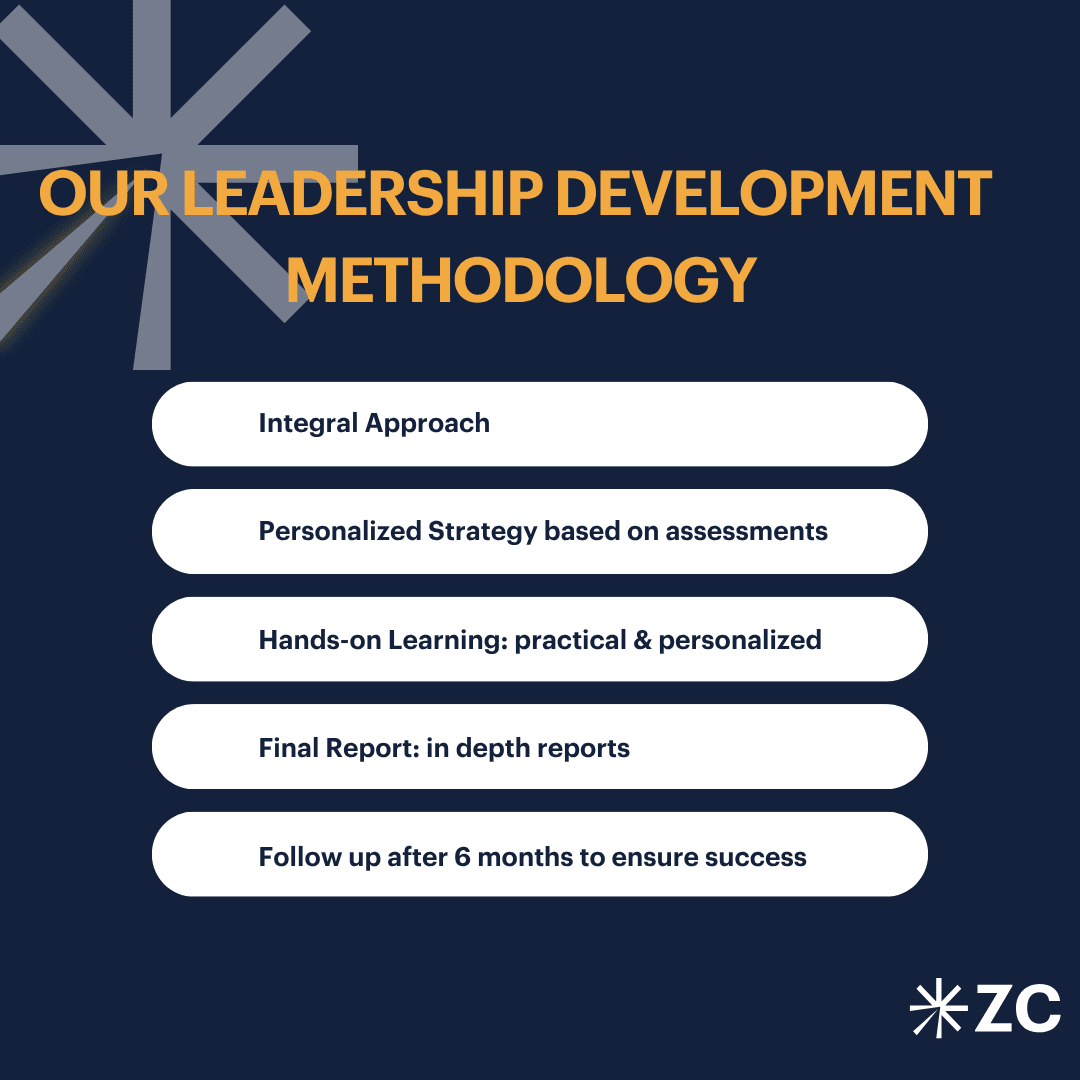Organizations have increasingly been focusing on Executive Leadership Development in Canada, as they seek to remain competitive amid a rapidly changing global market. As companies realize the importance of grooming effective leaders, the sector for Executive Leadership Development in Canada has experienced significant growth. This market in Canada is worth approximately CAD 1.5 billion, as revealed by recent industry reports, which underscores its central role in driving economic growth and organizational performance.
According to Forbes Magazine, Canada invests $1,014 per employee annually in training and development. However, only an estimated $507 of this amount is dedicated to leadership training.
In contrast, American companies invest $1,057 per employee annually on leadership development alone, amounting to a staggering $166 billion. This disparity underscores the urgent need for Canadian companies to boost their commitment to leadership development to remain competitive on the world stage.
Executive Leadership Development Demand
Executive coaching, training programs, and organizational development initiatives are part of Canada’s this sector which encompasses diverse services within it. These services are aimed at improving the skills and abilities of present and future leaders so that they can surmount complex challenges and move their organizations ahead.
Several factors have contributed to this growth. First, there is an improved understanding among Canadian organizations about the significance of strong leadership towards sustainable growth. This has seen increased investments in programs as companies are aware that well-trained leaders significantly influence staff engagement, innovation and overall effectiveness.
Secondly, expansion of sector has been facilitated by partnerships between the Canadian government and educational institutions. Various government initiatives and funding programmed support Executive Leadership Development while universities and colleges offer specialized courses and degrees in leadership and management. By doing this public-private partnership ensures that today’s leader does not lack necessary skill for success given their dynamic business environment.
Essential Skills for Canada Executives Nowadays
Certain skills are particularly crucial for executive leaders. These also drive individual performance as well as organizational success. Some of them are:
- Strategic Thinking: Executive leaders must be able to think strategically by anticipating trends ahead of time while aligning their goals with a long-term vision. This involves evaluating market dynamics, identifying areas of growth, making sound decisions, thereby putting an organization on a winning path.
- Emotional Intelligence: Emotional intelligence helps build strong relationships among employees, promote teamwork and deal with conflicts. Leaders with high emotional intelligence can understand and empathize with their team members, creating a positive work environment and enhancing overall productivity.
- Adaptability: In an era of fast changing business landscape adaptability is key for executive leaders. They need to be flexible to new ideas, embrace change as well as guide teams through transitions in a resilient and agile manner. This is a significant skill in Canada where diverse industries and markets expose leaders to various challenges.
- Communication: Effective communication is the bedrock of successful leadership. Executive leaders must be able to articulate their vision, motivate and inspire their teams; create open lines of communication within the organization that are transparent.
- Decision Making: Executive leaders often face difficult choices which can determine the future of the entire organization. Building robust decision-making skills backed by data analysis and critical thinking gives room for informed decision making aimed at realizing favorable results.
The Importance of Executive Leadership Development Services
There are several reasons why it is important for Canadian organizations to invest in these services. First, it improves the leader’s overall performance enabling them to steer their teams effectively towards achieving organizational objectives. Well-developed leaders have ability to motivate their staff leading increased productivity levels coupled with job satisfaction among workers.
Secondly, Executive Leadership Development programs can be seen as a way of succession planning. This is because when future leaders of the business are identified and developed accordingly, it ensures a smooth progression from one leader to another as well as avoids disruptions that can affect the company.
Moreover, advisory roles in organizations help to facilitate innovation and adaptability. Leaders who have up-to-date skills will drive change by introducing innovative approaches and proactively addressing market forces. In Canada this has great significance since industries such as technology, health care and financial markets are forever changing.
Finally, leadership advancement services influence an organization’s culture positively. Development-oriented leaders create environments of learning for improvement to promote continued growth. A high-performing organizational culture does not only help to keep top talent but also long-term organizational success.
Canadian firms should invest into Executive Leadership Development to develop leaders who can drive innovation, adaptive behavior and general performance. The concentration on developing vital aptitudes like strategic thinking emotional intelligence adoptability remains paramount so that Canadian leaders become ready for coping with diverse challenges of future times.

Click here to contact with us if you are in need of this service.









